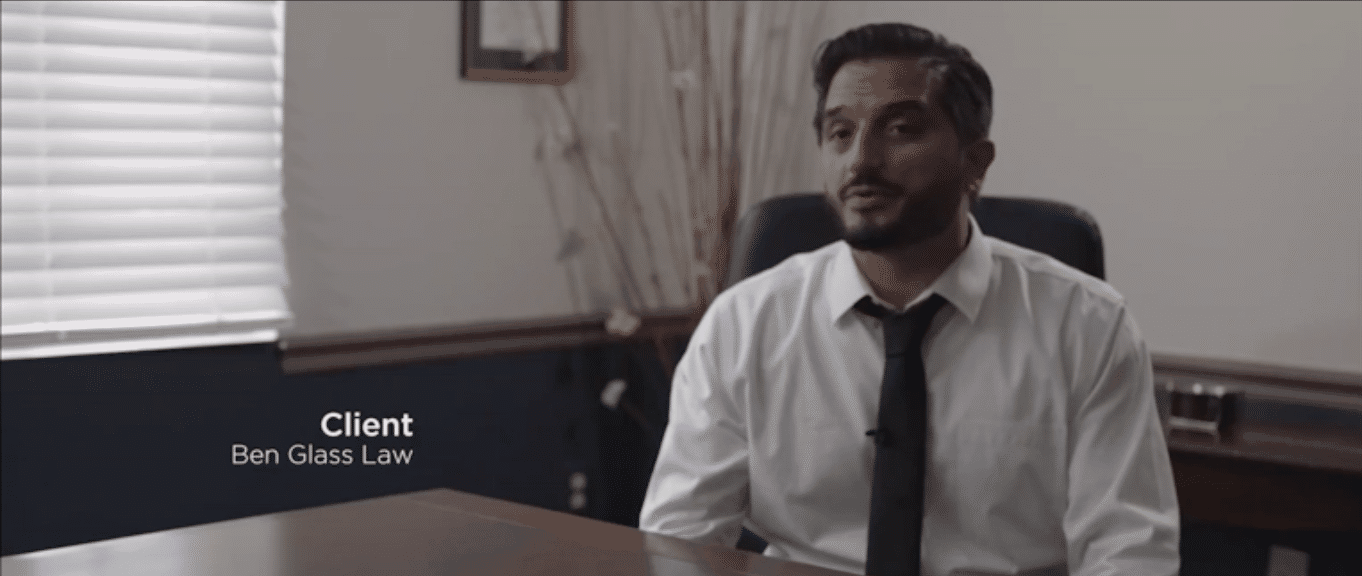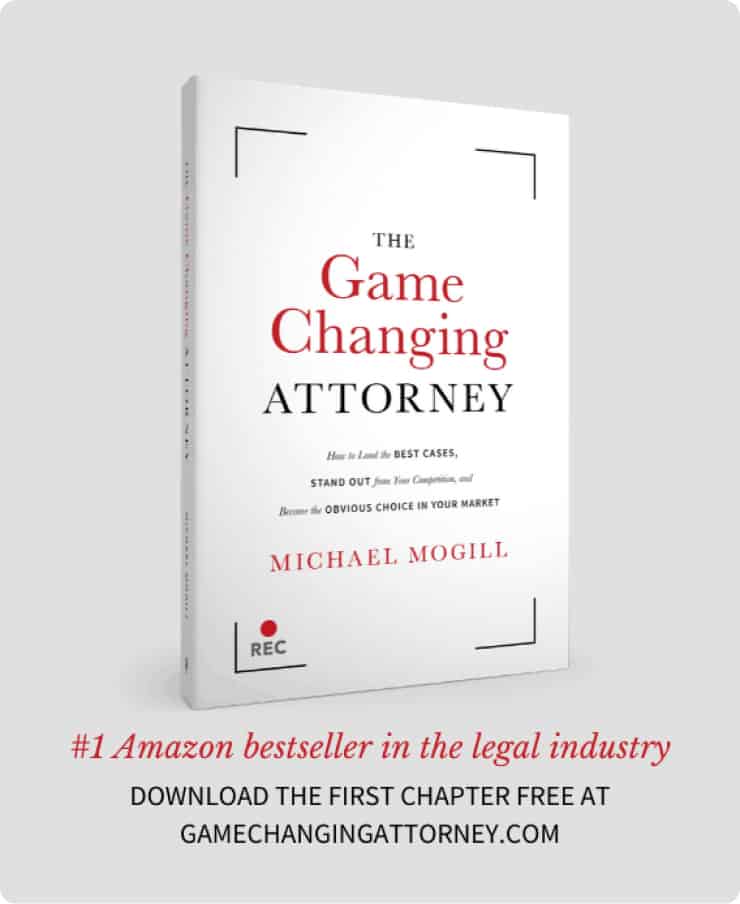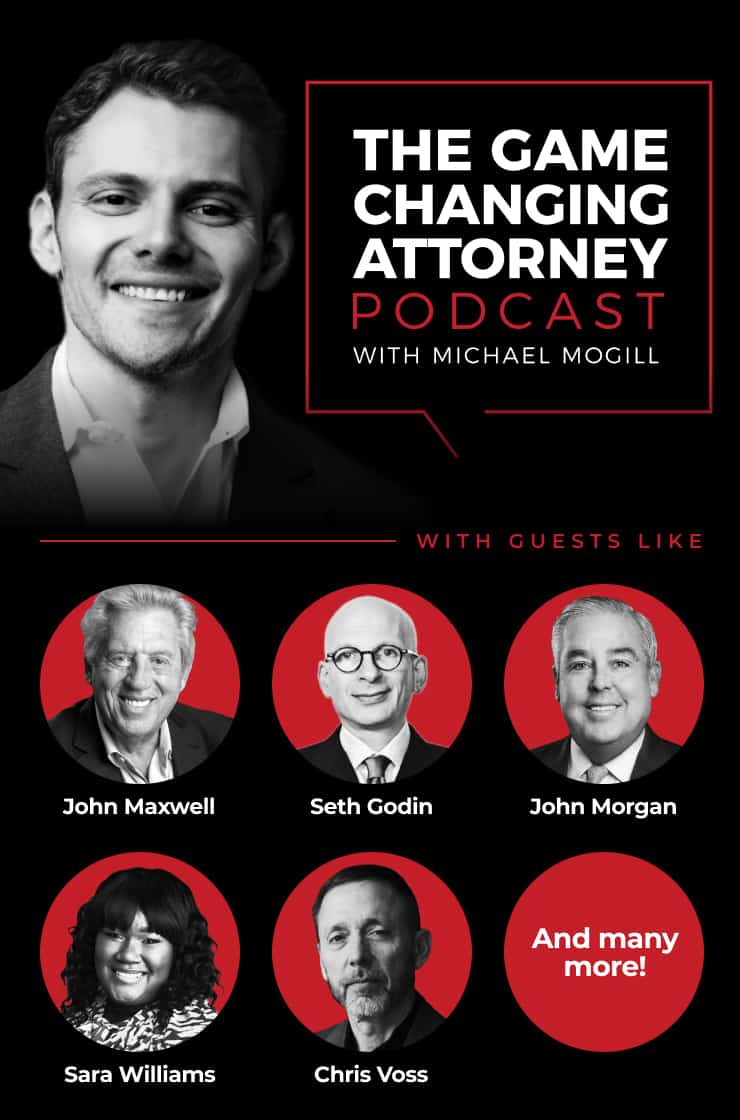The Power of Social Proof in Legal Marketing
5 minutes to read

Social proof is a powerful buzzword in the marketing industry. In layman’s terms, social proof is what happens when our decisions are influenced by the actions of others. When you’re standing in a room full of people who are all looking at the ceiling, chances are, you’re going to look too.
The reason social proof is such a powerful influence in our decision-making process is that it allows us to make a relatively informed decision or ease doubt in ambiguous situations — not because we have experience in the situation, but because we’ve trusted the experiences of others to guide in our own decision making.
It’s why online reviews on Google or Amazon are such a powerful selling tool, and why sites like Yelp play a huge role in deciding where we’re going out to dinner this weekend. In fact, 70% of Americans will trust a review from someone they don’t even know, and 63% of Americans are more likely to purchase something from a website that includes customer reviews.
So, how can social proof improve your legal marketing strategy?
First, let’s be clear on what social proof means within the legal industry. For attorneys, social proof is packaged in the form of client testimonials and online reviews. Every time a client reviews you on Avvo, Google, Facebook, or your website, they’re adding social proof to your online presence.
If you find that any of these networks are disparagingly sparse with client testimonials, you should consider incorporating a feedback process into your client relationships. If you haven’t read Ben Glass’ book Renegade Lawyer Marketing, consider picking up a copy – he has a great line about the importance of gathering client testimonials:
“You may think it entirely irrational for a consumer to pick a lawyer based on anonymous sources on the internet, but renegade lawyers understand consumer behavior. A high-end strategy is to develop a system in your office that seeks reviews from your happy clients and potential clients on Avvo, Google, and any other review site popular in your area.”

You can do this in a number of ways, whether it involves publicizing your social media channels in your office and encouraging potential clients to “like” and review your firm, sending out automatic emails after client consultations that include a feedback form, or asking your clients in person if they’d be willing to review your firm online. Happy clients will be more than willing to share their positive experiences if you take the time to ask.
Don’t Neglect Your Testimonials Page
When a potential client visits your firm’s website, they’re more than likely going to look at a few main pages: About Us, Contact Us, and Testimonials. They want to know who you are, what you do, and how well you do it.
Your testimonials page is easily one of the most important parts of your website, so dedicate the time to making it look good. After all, what you say about yourself is nice, but what your clients say about you is much more convincing.

Incorporating Videos into Your Social Proof Strategy
Here’s a fact to consider: social proof is proven to be more convincing with pictures and videos. That means we’re more likely to believe something is true if there is an image associated with it.
They say a picture is worth 1,000 words, but what about video? Potential clients want to put a face to a testimonial. It solidifies the truth behind the claim and personalizes their story, so they’re not just reading text on a website.
Testimonial videos can be a powerful strategy to enhance your firm’s social proof online and boost your content marketing strategy.
At Crisp Video Group, we avoid producing legal videos without testimonials at all costs. We would prefer to let the client tell your story because it’s more believable and usually more compelling.
To put this in perspective, check out the legal brand video we produced for Personal Injury Attorney Howard Spiva. Pay attention not only to how powerful both of Howard’s client testimonials are but also how they contribute to his overall brand authority:
Types of Social Proof You Can Incorporate Into Your Marketing Strategy
Social proof is not just limited to Google reviews, although those certainly help boost your brand authority. While there are multiple types of social proof accepted within the marketing world, there are a few key types that are particularly relevant to the legal industry:
- Expert Proof: Expert proof is when an established authority in your industry recommends your services. When other attorneys in your market refer clients to you, that’s expert proof. When attorneys rate you on Avvo, that’s also expert proof. You can take advantage of this valuable form of social proof by encouraging your colleagues to review you online, and returning the favor to them.
- User Proof: User proof is when your current clients, or those who “use” your services, recommend you to others based on their personal experience with your firm. You should try to incorporate user proof across all channels: Facebook, your website, Google, and more.
- The wisdom of the crowd: The saying “the more, the merrier” is apt to describe this form of social proof. When a large group of people begins to endorse your brand (i.e. you have 100+ reviews on Google, Facebook, etc.) it has a powerful influence on the decision-making process of potential clients. To put this in perspective: if you were deciding between two identical products on Amazon, and one product had 4,890 5-star reviews, and the second product only had 27, which are you purchasing
- Certification: A certification is a powerful social proof, and within the legal industry, this includes board certifications, advanced degrees, and other forms of continued education that establish you as an expert in your field. You should publicize these certifications on your website, but don’t let them overshadow your client testimonials – potential clients will be swayed by your past client’s words more so than they would by an advanced certification.
You may have already known that client testimonials are an important part of the decision-making process, but it’s also important to realize how those testimonials play into the larger psychological phenomenon known as social proof.
If you begin to place a stronger emphasis on client testimonials in your marketing strategy, display them prominently on your website, and incorporate compelling visual content into your social proof strategy, you will begin to notice higher conversion rates as potential clients reach the end of the decision-making process.
Let your clients speak for you – satisfied clients will do a better job of convincing others to invest in your legal services than you ever could.
If you’d like to learn more about how you can use legal video to add social proof to your law firm’s brand authority, feel free to reach out to our team. We’d be happy to strategize with you.






